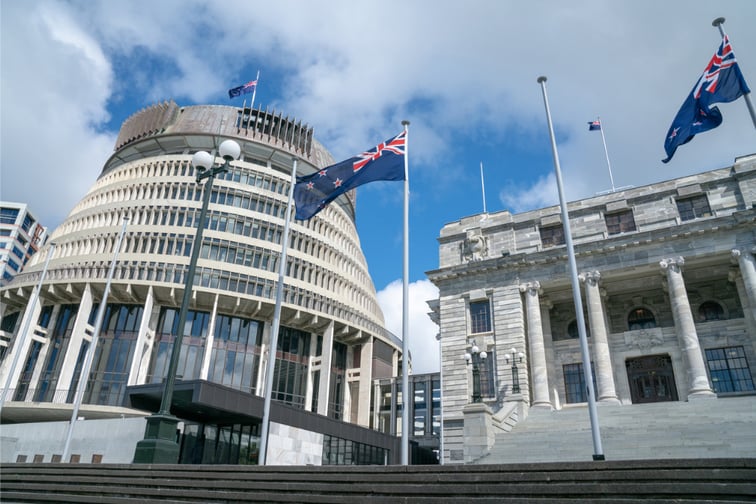

The New Zealand government is forming a Royal Commission that will gather the lessons learned from COVID-19 and use them to prepare the country for future pandemics.
The Royal Commission will look at New Zealand’s overall response, including the economic aspect, and will identify what can be learned from it and how that can be applied to any future pandemic. The Cabinet has already approved the commission’s terms of reference, and it will run from Feb. 1 until mid-2024.
“Every country in the world has grappled with COVID-19 and there was no playbook for managing it,” Prime Minister Jacinda Ardern said. “It had been over 100 years since we experienced a pandemic of this scale, so it’s critical we compile what worked and what we can learn from it should it ever happen again. New Zealand experienced fewer cases, hospitalisations and deaths than nearly any other country in the first two years of the pandemic but there has undoubtedly been a huge impact on New Zealanders both here and abroad.”
Ardern said that establishing a Royal Commission of Inquiry is “the right thing to do”, as it is the highest form of public inquiry, which will respond to the most significant threat to the economy of New Zealand and the health of its people since World War II.
The commission will be chaired by Australia-based epidemiologist Professor Tony Blakely, with two members, former cabinet minister Hekia Parata and former treasury secretary John Whitehead. Each brings a unique set of skills, and they are independent of the government and its response.
“Professor Blakely’s understanding of public health is extensive,” said Jan Tinetti, minister of internal affairs. “He has the knowledge and experience necessary to lead this work. Hekia Parata and John Whitehead will add expertise and bring useful perspectives on the economic response and the response for Māori. New Zealand’s COVID-19 response has been heavily examined, both internationally and nationally. So far, 75 reviews have been carried out within New Zealand since 2020, generating a total of 1,639 recommendations.”
